Just this weekend I listened to Cornelius Minor’s interview at Heinemann and I can’t stop thinking about the power of advocating for our students. If you have not yet listened to the podcast or at least read the transcript, do that ASAP. It’s a game changer.
The personal work that Mr. Minor is intentionally doing to make himself an effective advocate provoked me to reflect. Do I do enough to advocate for kids? Can I do more? What should I be doing differently?
Students deserve our very best. No one in education would argue with that. It’s disheartening to think that on some days (more than I’d like to think about) our students who need that “best” get something entirely different. In an effort to help students improve their ability to read, we’ve developed all kinds of “interventions”. The problem I see daily is that those interventions focus primarily on isolated skills and very little, if at all, on engagement.
Our students are able to access information and content in ways we could not have imagined. When we use texts from a “boxed” program with our media-savvy kids, it’s about the same as gifting a Doc McStuffins “doctor’s kit” to a newly graduated medical student.
That’s a ridiculous thought, I know. But it’s equally ridiculous to think that we can engage the minds of this generation with some of the texts included in materials sold by educational resource companies.
In the last two weeks I’ve collected articles for informational text sets in the hopes of capturing the minds and hearts of some 5th grade students. These students failed the first administration of our state assessment. It’s my job to spend 12 days revisiting strategies for reading, analyzing and comprehending texts with this group of kids. There are scores of resources that are designed for students who need additional support. We’re not using those resources, though. We’re working through articles and stories that have personal relevance to these kids. The content is compelling and the demands on the reader could be described as rigorous for students who are reading below grade level.
We’ve read:
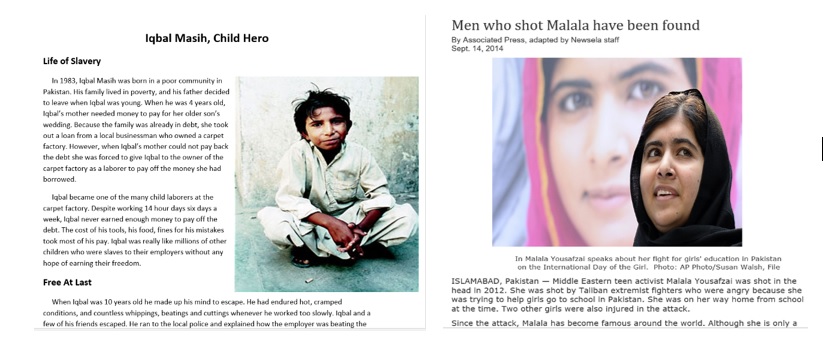
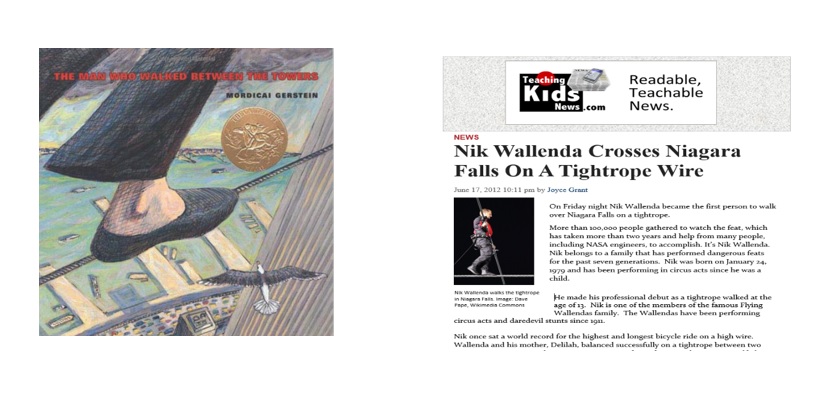
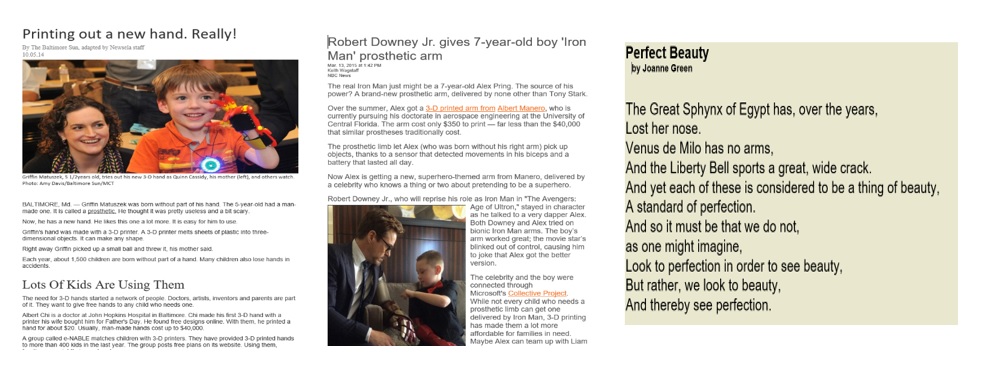
Next week we’ll be using this text set a colleague and I put together:
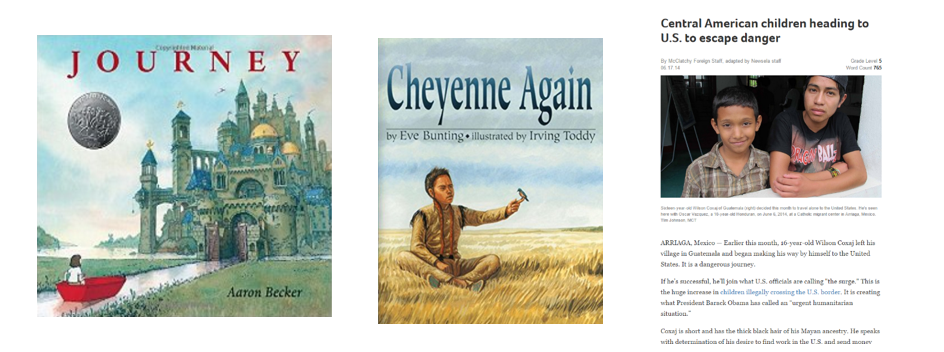
I felt it was important for students to view short video clips about the topic or related topics to help build background knowledge and help with engagement. Sometimes I like to start straight away with the videos as visual support and other times the students preview the article, read for a few minutes and then we view the short clips.
We can no longer afford to ignore the educational value of using YouTube (link to a great article here about the amount of time tweens spend viewing media content) with upper elementary students. They spend a crazy amount of time viewing material on YouTube and similar sites. As educators, let’s be smart enough to leverage that interest to engage our kids and maximize the learning.
With the Malala and Iqbal text set we viewed:

Philippe Petit and Nik Wallenda short clips:

Robert Downey clip:
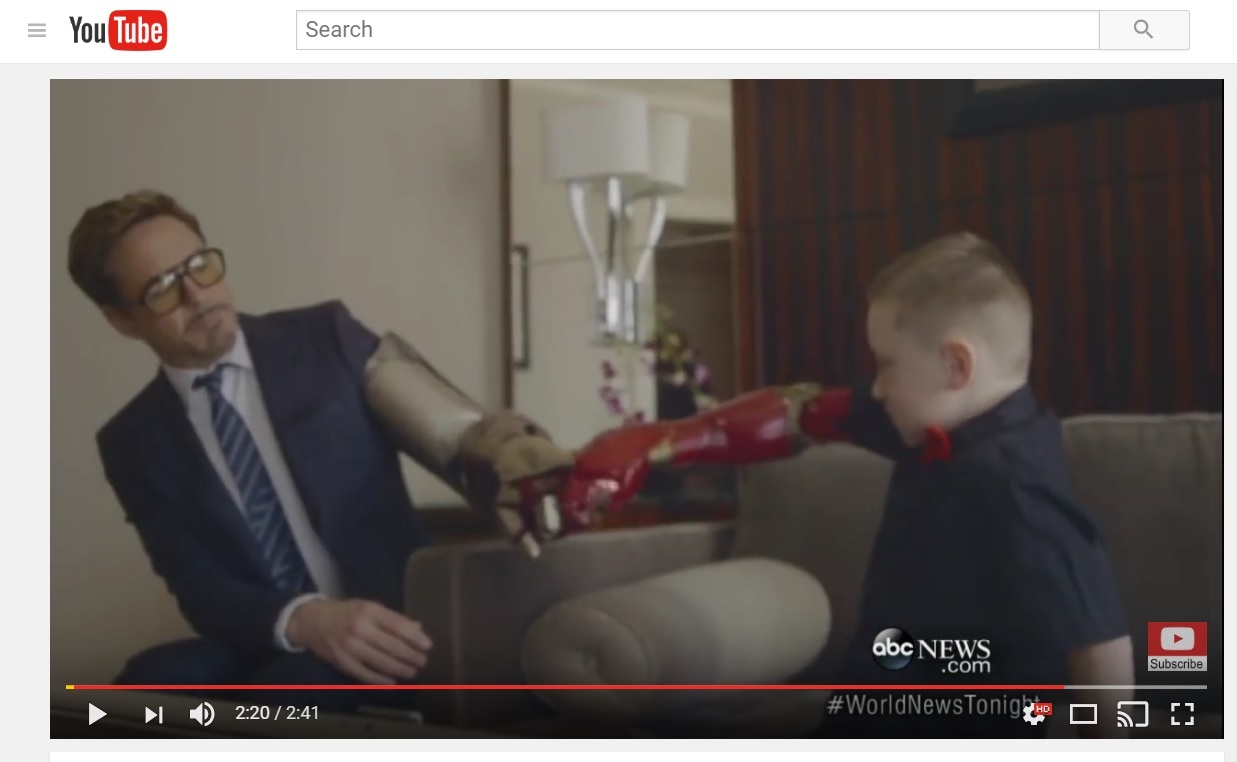
So why the effort to advocate for all readers to have access to engaging texts?
When I met on the first day with this group of students, I explained what our time together would look like each day. I was interrupted by a student who said, “Are we in here with you because we’re the dumb kids?”
I died a little on the inside.
“Nope, you’re here because we get to work together for the next 12 days reading and talking about some incredible articles and stories.”
So, we’ve read about child heroes who’ve fought for important issues, adult heroes who engage in death-defying stunts, and students who innovate to make life better for disabled kids.
We’ve laughed, been amazed, asked questions and researched. They’ve tried out strategies that help readers look deeply into texts. They’ve written thoughtful responses to informational articles and discussed ideas about author’s purpose. We’ve looked at macro-structures authors used and made observations about micro-structures within the same article. They’ve looked for similarities/differences in the paired texts and media clips they viewed.
Even so, I’ve spent more than one sleepless night thinking about the “intervention” these kids are getting. I worry that it won’t be enough in these few short days to show growth when they take the assessment again in a week.
I confess, though, I worry more about how they see themselves as readers. Have I done enough yet to help them believe that they aren’t the dumb kids? Do they think of themselves now as readers who have what it takes to stand up to the demands of complex texts?
Last week while the kids were reading and annotating, one of them looked up and said, “This is fun reading about Nik Wallenda and the dangerous stunts and stuff. I never thought reading could be fun.”
Is it enough?
I honestly don’t know, but I’m going to keep following Mr. Minor’s example– “…even though I’m wildly imperfect at standing up for kids, and even though my advocacy game is in it’s infancy, doing nothing can’t be an option for me anymore.”
Thanks Mr. Minor.




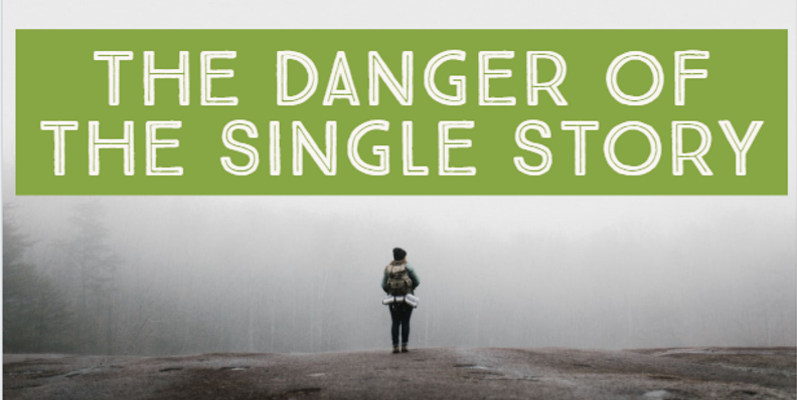



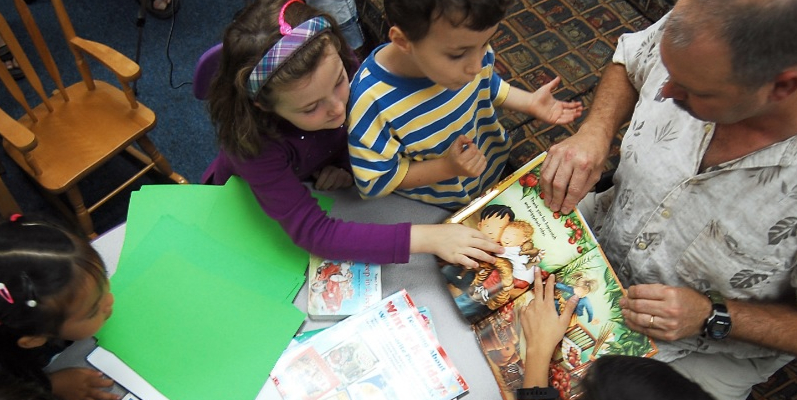


Val,
I applaud your work with these students – standing ovation, really!
In my 3 years as a coach, I have shared this very same struggle that you describe. I see kids in very intense interventions, placed there with the best of intentions to give them the foundational skills to be successful readers. These interventions often deliver on shoring up skill deficits, but engagement, developing a love for reading, and building students’ identities as readers, they do not. And without those components, we fail to deliver “the best” to our students.
Forge on, my friend! What you are doing is making a difference for these students. Your heart of advocacy is evident, and an inspiration to all educators. Please post updates on how your readers are doing.
And for the record, from my perspective, these are most certainly not the dumb kids. They are the fortunate kids. This work you are doing with them is impactful, meaningful, and I believe will have staying power with them into middle school, and beyond. Will it be enough to pass the upcoming test? Maybe, maybe not. But I say look beyond that test (and I am certain you do) at perhaps the new readers they are becoming just from the time they will have spent with you. Bravo, Bravo!
Thank you, Dani! It helps to know other coaches/teachers are struggling with the same issues. I care so much about these kids I work with when I co-teach and they really do deserve our very best.